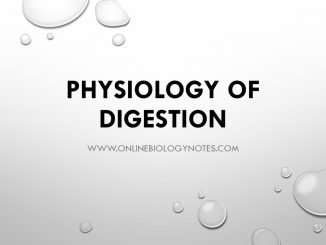
Physiology of digestion
Physiology of digestion Digestion: Digestion is the process of gradual break down of foods that we eat in a soluble form suitable for absorption. For […]

Physiology of digestion Digestion: Digestion is the process of gradual break down of foods that we eat in a soluble form suitable for absorption. For […]

Salivary gland The human salivary gland is an exocrine gland. The salivary gland includes- the paired parotid, submandibular, and sublingual glands. The major function of […]
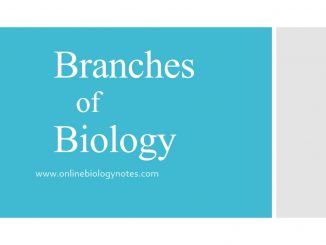
Branches of Biology Some important branches of biology are given below: A Anatomy: Study of internal structure Anthropology: Study of Human beings Arthrology: Study of […]
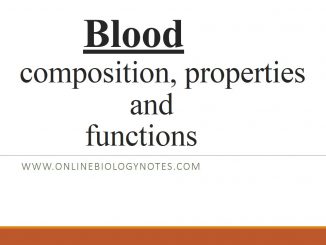
Blood: composition, properties and functions Blood is a liquid connective tissue that contains cellular elements (blood cells) and fluid matrix (plasma). Blood helps in the […]
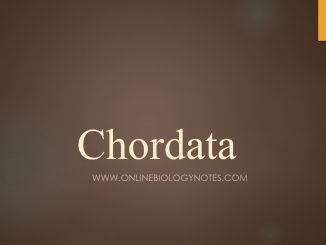
Characteristics of Phylum Chordata (Noton; back and chorda; cord). Kingdom: Animalia Presence of a notochord They are backboned animals (vertebrates), Most of the living chordates […]

Characteristics Chondrichthyes (Cartilaginous fish) Osteichthyes (Bony fish) Habitat Mainly marine Marine as well as freshwater Symmetry Usually dorsoventrally flattened Usually bilateral […]

Difference between Prokaryotic and Eukaryotic translation Translation Prokaryotes Eukaryotes Initiation factor Three (IF3, IF2, IF1) Nine (eIF4F complex; eIF4E, eIF4G,eIF4A) Ribosome 30S and 50S 40S […]
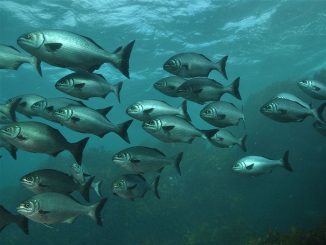
Fishes migration In ecology, it is an animal behaviour of mass movement of animals from one place to another. The purposes for migration varies accordingly […]
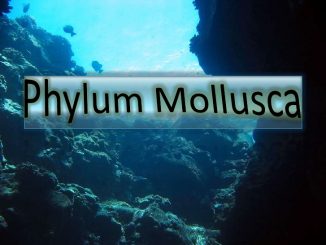
General Characteristics of Phylum Mollusca (Mollis or molluscs: soft) Kingdom: Animalia Habitat: Mostly aquatic and few are terrestrial Body is soft without segmentation Grade of […]
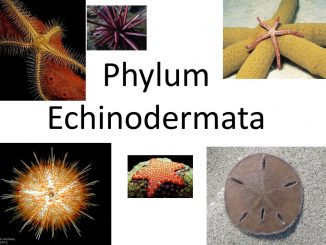
General characteristics of Phylum Echinodermata (Echinos: Spines; derma: Skin) Kingdom: Animalia Habitat: These are exclusively marine Grade of organization: organ system grade Germ layer: triploblastic […]
Copyright © 2024 | WordPress Theme by MH Themes